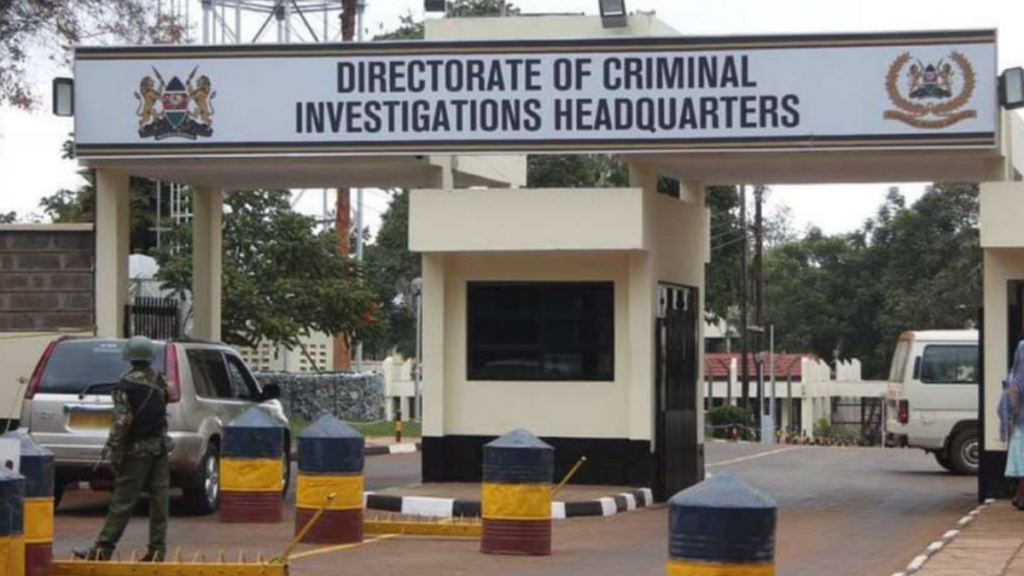A Nairobi court has summoned two officers from the Directorate of Criminal Investigations (DCI) to appear before it on October 1, 2025, over claims that surveillance software was secretly installed on electronic devices belonging to suspects featured in the investigative documentary Blood Parliament.
The summons were issued after the officers failed to appear in court as previously directed. Defence lawyers argued that the officers must respond to allegations that spyware was planted on confiscated devices during police custody. The court adjourned the matter, setting it for mention on October 1 when the officers are expected to give their explanations.
The controversy stems from a forensic report that revealed one of the confiscated mobile phones had been infected with FlexiSPY, a powerful surveillance tool. The report showed that the phone was seized on May 2, 2025, and returned to its owner on July 10, 2025. Forensic analysis indicated that the spyware was installed on May 21, 2025, while the device was still in police custody.
FlexiSPY has extensive surveillance capabilities, including recording calls, intercepting messages, monitoring locations, remotely activating microphones, capturing screenshots, and altering or deleting data. Such capabilities raise serious concerns about the potential misuse of the software in ongoing investigations.
The suspects in the case are four filmmakers behind Blood Parliament, a documentary that exposed how security forces opened fire on anti-tax protesters outside Parliament in June 2024, resulting in several deaths and injuries. They were arrested in May 2025 and held at Muthaiga Police Station under a miscellaneous application that remains active in court. To date, no formal charges have been filed against them, although they were later released on bail.
The allegations of spyware installation have amplified worries about state surveillance practices, especially targeting journalists, activists, and dissenting voices. Analysts warn that such practices, if proven, could undermine both the credibility of the investigations and the fundamental rights of suspects.
The court is expected to scrutinize the matter closely when it reconvenes, with the summoned officers required to provide clarity on whether spyware was deliberately installed on the suspects’ devices during the period of custody. The outcome could have far-reaching implications for surveillance accountability and digital privacy in Kenya.

